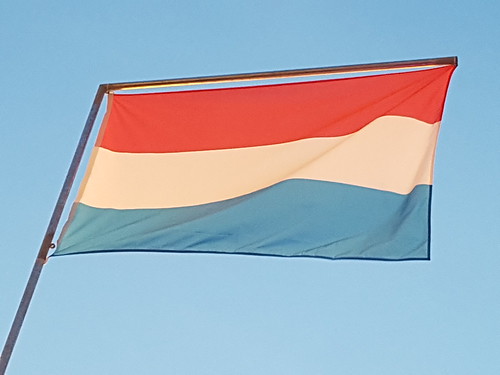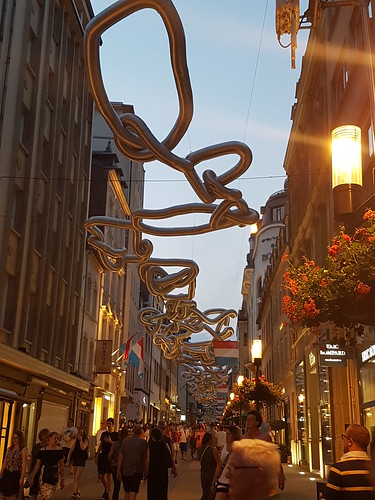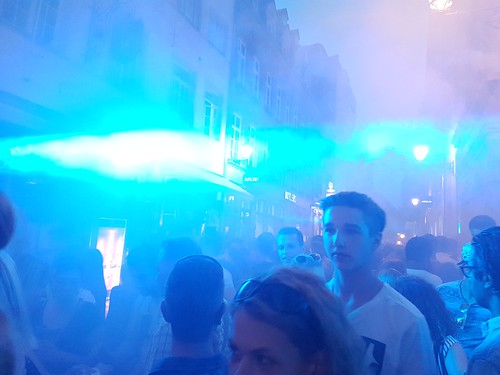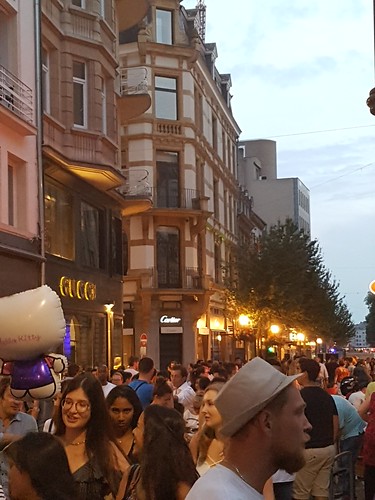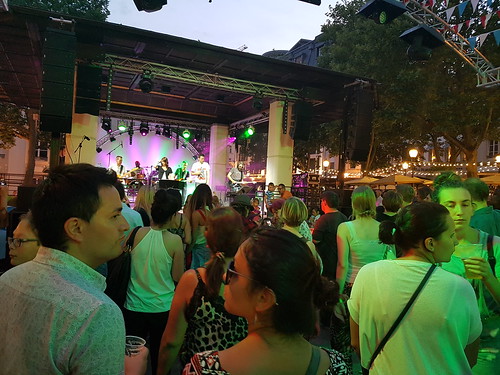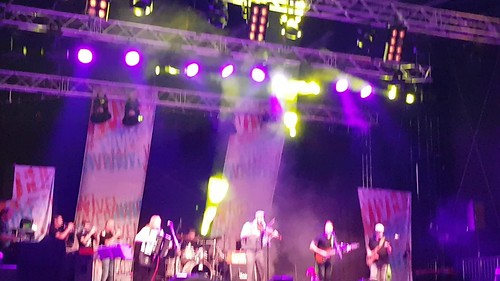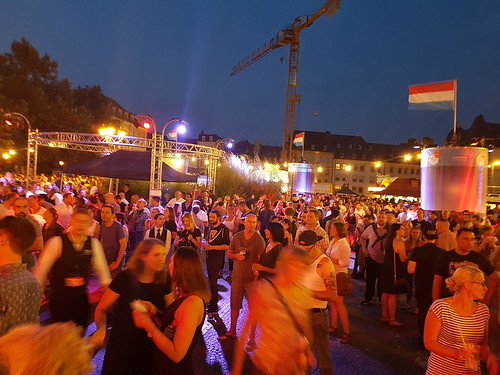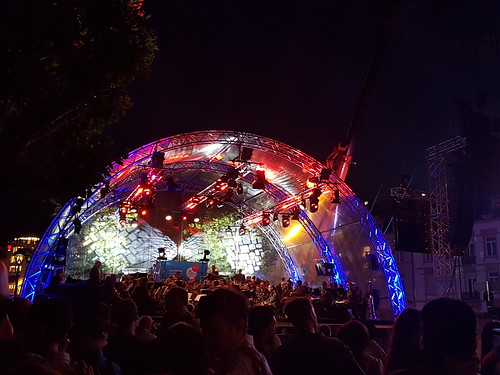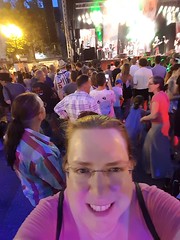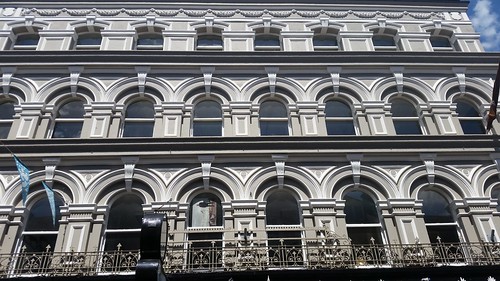I’m not entirely sure how but this popped up on my twitter feed this morning:
Very important words in your #bluewings column @alexstubb It would be good for us all to bother reading more than headlines and short tweets pic.twitter.com/puuNXWtNTR
— Santeri Aikio (@AikioSanteri) September 24, 2017
Alex Stubb wrote a piece for Finnair’s inflight magazine on the question of reading and the fact that he seemed to be doing less of it. I must confess I was a bit envious of his 4000 books. I cleared out a good lot last year when I was moving house, much to my sadness. What he said about the place of reading in his life resonated. I have been thinking about this on several fronts myself lately. I’ve recognised that I read far less than I did in the past. This despite the convenience of a Kindle which currently has a queue of about 200 books to read. The fact that I have not been reading much has not necessarily meant that I have stopped actually buying books.
So far this year, I have finished reading 12 books. This is about 8 more than usual lately and this is mostly because I decided to make a concerted effort to read more. I just haven’t formalised it in a 1+1+1 plan like Mr Stubb has. But I am inclined to follow his lead, or at least give it a shot. I’m not able to do 1 hour of exercise every day on the grounds that in theory, most weeks I go swimming 3 to 4 times and that’s a minimum 2 hour cut out of my day. I also feel that twitter absorbs a good deal of my time but not necessarily productively. So in addition to reviewing and rebuilding my reading habit, I’m also looking at chopping the number of accounts I follow on twitter.
Two things led to the loss of reading from my life. I felt the loss of Terry Pratchett enormously. Additionally, I used to read a significant amount of children’s fiction and with Harry Potter, I seem to have tapped out of that lately. Most of what I have been reading of late has been non-fiction. I’ve just finished Motherfóclóir which is the better of the two books focused on using the Irish language which I read this year. I also finished Silk Road by Peter Frankopan which is a book I had been travelling with for some time. More frivolously I have started reading Calvin and Hobbes again. But I have also drawn heavily on the field of science and genetics for escape.
I have a massive reading queue, and it is hard to know what to start with. I have some frivolous German stuff, and a classic of travel writing by Heinrich Boll lined up. In a way, I feel a bit overwhelmed by the number of books both on my kindle and on my Amazon wishlist and I wonder if that perhaps, contributes to the paralysis I sometimes now feel about reading. Like I have a lot of books to get through.
Mostly recently acquired are the memoirs of a US interpreter which I expect to be relatively easy to read, and apart from that, I have been journeying with Empire of the Word by Nicholas Ostler for some time. I think it is sometimes more difficult to make progress through very in-depth, long books on kindles. We lack the visual evidence of progress; the movement of the bookmark through the pages. I regret that and somehow, I need to be practical as well.
What I lack at the moment is a way into fiction. The last piece of fiction that I read that truly took my life by the scruff of the neck and pulled me out of reality – and it was a re-read – was Shadow of the Wind by Carlos Ruiz Zafón. I have another of his other books to hand but I have somehow not found a route into them. In a way, I think for years I was sated by the escapism guaranteed by a visit to the Discworld but I don’t think Terry Pratchett would appreciate the idea that he had spoilt me for other books.
I need to get involved in a little exploration. Just as soon as I’ve read a few more of these books I have lined up for the last 5 to 10 years.
